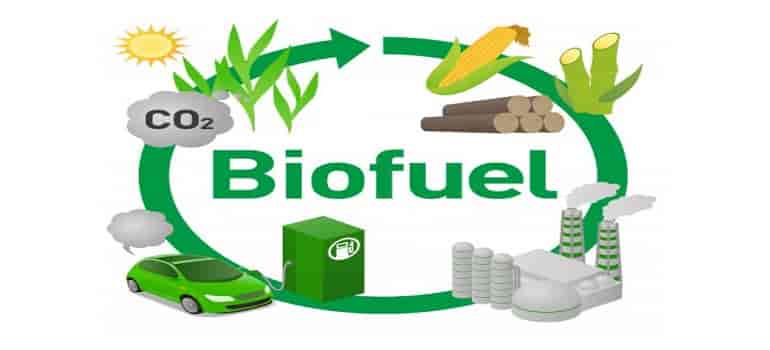Collaborative Efforts for Sustainable Biofuels in Aviation and Maritime Transport
In a conclusive session at the final workshop of the “Roadmap for EU-India Collaboration on Sustainable Biofuels for Aviation and Maritime Transport,” Mr. Seppo Nurmi, Deputy Head of Delegation, EU Delegation to India, stressed the urgent need to transition to sustainably derived biofuels due to global energy challenges and climate change impacts. Hosted by TERI in partnership with the EU Delegation to India, the workshop underscored the significance of sustainable fuel alternatives, particularly for the aviation and maritime sectors, which have been slower in adopting low-carbon solutions.
As rising temperatures threaten health and livelihoods, the need to shift from agricultural and urban waste to sustainable fuel alternatives becomes pivotal, especially for sectors like aviation and maritime transport. Dr. Vibha Dhawan, Director General of TERI, highlighted the importance of energy transition in fostering development and expressed TERI’s commitment to sustainable development and its partnership with the EU in research.
Dr. Dhawan also emphasized that the growth of aviation and maritime traffic will escalate emissions, necessitating countries to adopt cleaner and sustainable biofuels. Pierrick Fillon-Ashida from the EU Delegation to India discussed the collaborative efforts required across sectors to scale up sustainable biofuel adoption, focusing on training, capacity building, carbon reporting, finance, and more.
It was noted that sustainable biofuels derived from agricultural and urban waste are considered viable alternatives, while those sourced from food-crops or deforested land are not due to potential negative impacts on food systems, biodiversity, and carbon capture. Dr. Patrick Crehan highlighted the need for social transformation on a large scale to decarbonize aviation and maritime sectors effectively.
Mr. Sourabh Mukherjee from TATA Projects Ltd emphasized the challenge of sustainable aviation fuel availability for decarbonizing air travel, stressing the need for collaborations, technological enhancements, and digitalization in supply chains.
The workshop focused on four main action areas—financial innovation, ESG and carbon reporting, circular bio-economy, and social transformation—to accelerate the scaling of biofuel production. Dr. Sangita Kasture of the Department of Biotechnology (DBT) India elaborated on efforts to replace 10% of fossil-fuel based fuels, chemicals, and materials with bio-based alternatives through innovative solutions.
The importance of green fuels in maritime transport was discussed by Dr. Piyali Das of TERI, who emphasized the potential of drop-in fuel and electric hybrid solutions for inland and coastal shipping. Multi-sectoral collaboration was highlighted as crucial for scaling up sustainable fuels in marine and road transport.
The workshop facilitated breakout sessions across sectors to explore solutions for challenges posed by sustainable biofuels in aviation and maritime transport, enriching the roadmap for EU-India collaboration in this crucial endeavor.


